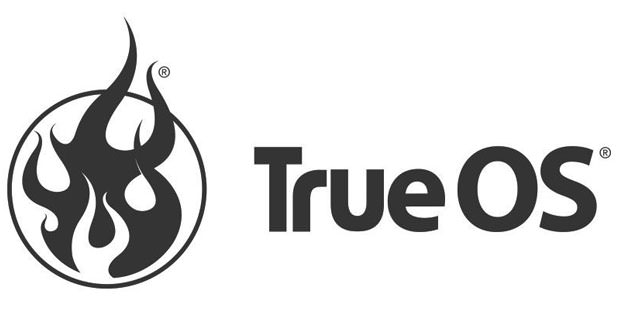New in the BSD house: TrueOS becomes a fork of FreeBSD
Forty years after the invention of UNIX, there is still room for twists in the BSD world: TrueOS becomes a fork downstream of FreeBSD and aims to become the basis for new distributions.
There is (a lot) life in the open-source world beyond Linux. The BSD world, perhaps less known but with a growing and loyal user base, sees in TrueOS (known as PC-BSD) one of the main realities for using FreeBSD on desktops.
iXsystems, which takes care of its development, has announced a change of focus of the project: from a simple version of FreeBSD easier to install, TrueOS will focus instead on the development of new features of the system’s heart, going to create a (soft) FreeBSD fork.
TrueOS will continue to integrate the FreeBSD developments, but will make its own changes and introduce new features, starting, for example, using OpenRC and LibreSSL. There will no longer be a default graphic environment (currently Lumina Desktop, with Qt5 base) and each user can choose the one that best suits him.
TrueOS will no longer be the Ubuntu of the BSD world, instead aiming to become more the equivalent of Debian. The goal is to create an operating system that can be used by anyone but with a strong focus on advanced users and developers, with great modularity and configurability.
This will bring TrueOS, in the intentions of the creators, to act as a basis for other distributions. The legacy of the current model will be collected by Project Trident, which will be the same current project with a new name.
You can read the official announcement on the project website.

